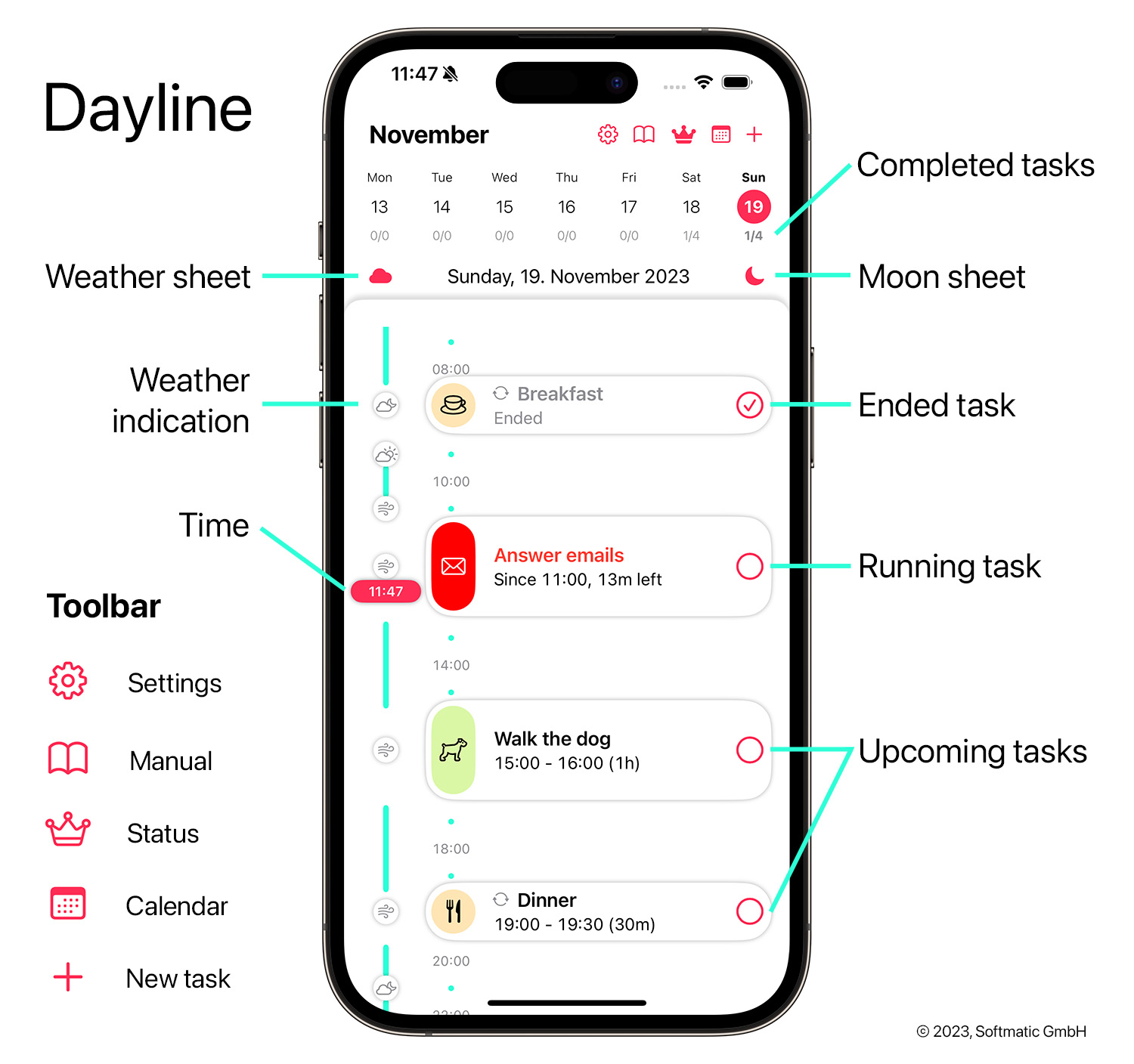Introduction to ADHD

ADHD stands for Attention Deficit Hyperactivity Disorder. ADHD is a neurodevelopmental disorder that affects both children and adults. ADHD is characterized by persistent patterns of inattention, hyperactivity, and impulsivity that can impact daily functioning and quality of life.
Medical sciences distinguish three main subtypes of ADHD:
- Predominantly Inattentive Presentation Individuals with this subtype often struggle with paying attention to details, organizing tasks, and sustaining attention over long periods. They may appear forgetful and easily distracted. This is the most common subtype, already described in the 19th century as "Fidgety Philipp" ("Zappelphilipp").
- Predominantly Hyperactive-Impulsive Presentation People with this subtype exhibit hyperactivity and impulsivity without significant inattention. They may be restless, fidgety, talk excessively, and have difficulty waiting their turn.
- Combined Presentation This rare subtype involves a combination of symptoms from both inattentive and hyperactive-impulsive presentations.
Even today, people dismiss ADHD as a pseudo condition or illness. This is often a result of misconception and lack of insight or education. Issues of mental health still carry a stigma and are readily reduced to a lack of willpower or discipline.
Further reading: Wikipedia
Cause of ADHD
While the exact cause of ADHD is not known, it is generally asssumed to involve a combination of environmental (weather, pollution, noise), genetic and neurological factors. ADHD does have a significant impact on people's life, including relationships and overall well-being.
Treatment of ADHD
Treatment for ADHD often includes a combination of behavioral interventions and psycho education. In severe cases and as a last resort, stimulant medications, such as methylphenidate and amphetamine-based medications, are commonly prescribed to help manage symptoms.Recent research shows that a daily planner or an organizational system or tool can be helpful to deal with ADHD. People with ADHD often face challenges related to organization, time management, and task completion. A daily planner can provide structure and assist in managing these challenges.
Here's an annotated screenshot of Dayline. Dayline features a clean layout, avoiding visual clutter and noise: :

A daily planner such as Dayline simplifies...:
- Time Management Dayline helps when allocating time for different tasks and activities. Breaking the day into manageable chunks will make it easier to stay focused and on track. Dayline lets you set time spans and intervals for all tasks to help with that.
- Task Prioritization A good daily planner allows users to prioritize tasks, helping them identify and focus on the most important or time-sensitive activities first. Dayline lets you assign colors for your tasks; more important tasks are identified by more striking colors.
- Visual Organization Visual aids can be particularly helpful for individuals with ADHD. Dayline provides a visual representation of your commitments, making it easier to see the big picture and plan accordingly.
- Goal Setting Planners often include space for setting and tracking goals, this is also known as "Habit Tracking". Breaking larger goals into smaller, more achievable tasks can make them less overwhelming.
- Reminders and Alarms Some planners or digital tools come with reminder features. Setting alarms or reminders can be useful for keeping individuals on track and ensuring that important deadlines are not missed. Dayline lets you set notifications (banners and sounds) for all tasks.
All content and media on the Softmatic Website is created and published online for informational purposes only. It is not intended to be a substitute for professional medical advice and should not be relied on as health or personal advice.